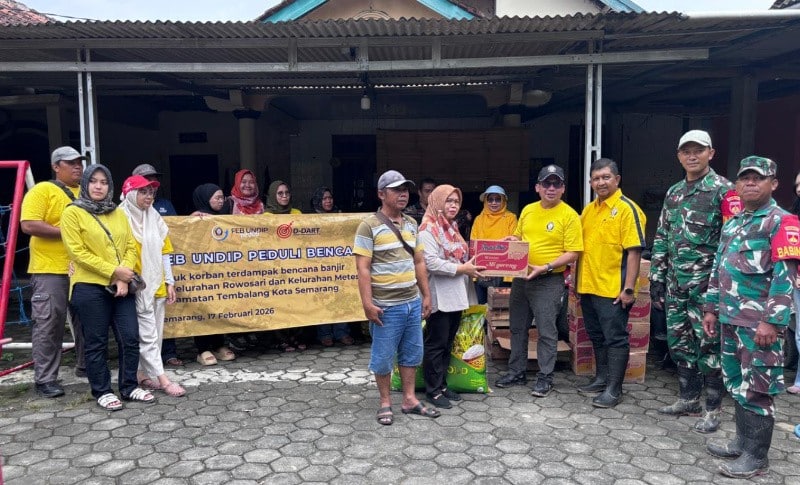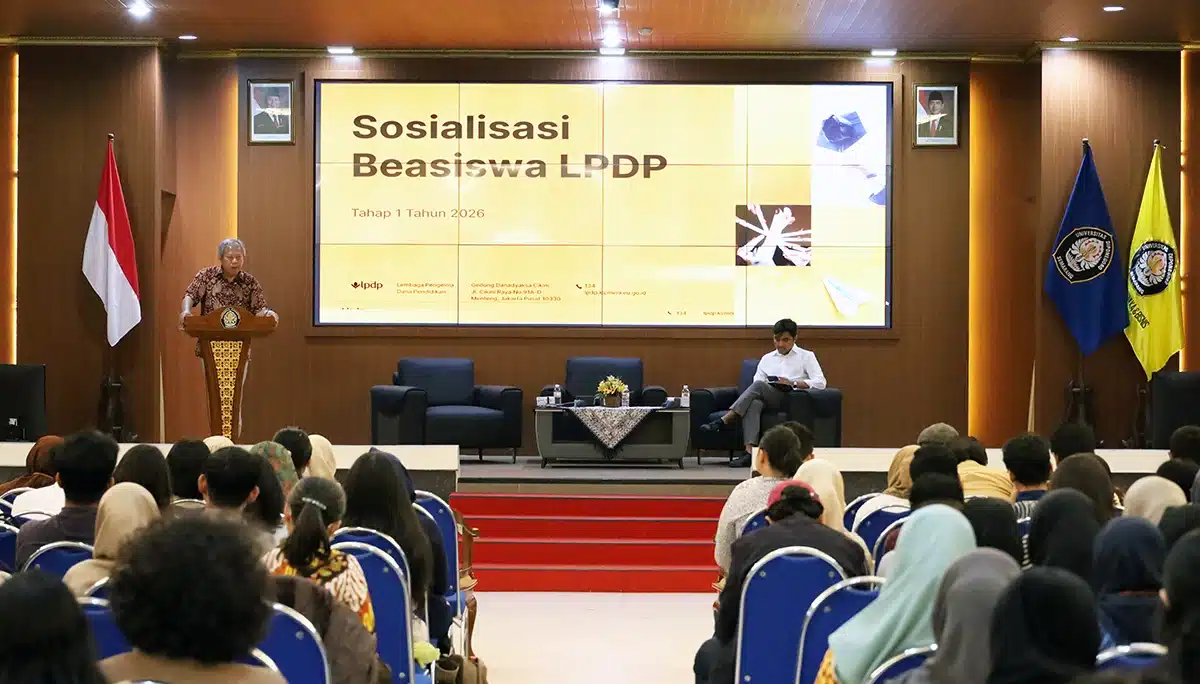Alihsan Rahmawati, an alumna of the Applied Bachelor’s Program in Industrial Chemical Engineering Technology (TRKI) at the Vocational School of Diponegoro University (UNDIP), has successfully obtained three Granted Patents for her invention of citrus peel as a cancer and tumor combat.
Alihsan’s innovative invention, along with the guidance of her research advisor, Mohamad Endy Julianto, S.T., M.T., Chair of the TRKI Program, has not only resulted in 3 granted patents but has also attracted the interest of many industries. “This achievement is thanks to the patience, support, and guidance of the research advisor,” said Alihsan.
Alihsan’s success in obtaining 3 granted patents includes inventions titled “Method for Producing Hesperidin from Lime Peel through Thermochemical Microwave Wave Extraction” (Patent no IDS000007235), “Extraction Process of Linamarin from Cassava Leaves Using Enzymatic Inactivation Extractor” (Patent no IDS000006687), and “Separation of Theaflavin from Tea using Ultrafiltration Membrane” (Patent No IDS000005812), explained Alihsan.
Currently employed at PT Firmenic Aromatics Indonesia, Alihsan stated that her research, titled “Extraction of Active Compound Hesperidin from Lime Peel (Citrus Auratifolia S) as an Immunomodulator using Microwave Assisted Extraction Method,” was directed by Mr. Endy to be registered as a Simple Patent. After seeing the research data obtained from the laboratory, I believe this theme is highly prospective for commercialization in the industry.
Her interest in conducting research began with the awareness that Indonesia is rich in biological natural resources, thus requiring the development of the potential of natural materials that can be used in various industries. One of these is utilized in the development of new drugs because these natural materials contain active compounds such as lime (Citrus aurantifolia Swingle).
“So far, lime has only been consumed as a fruit for cooking and beverages. There has been no utilization of lime peel even though lime peel contains active compounds in the form of hesperidin, which is beneficial as an immunomodulator,” said Alihsan.
Hesperidin has the potential as an immunomodulator (increasing immunity in the human body) because it can capture free radicals from the metabolized agent of chemotherapy doxorubicin and prevent a decrease in the immune system that can cause various infections.
This compound can also bind host cells (target proteins) to viruses, making it a natural compound to prevent the beta-coronavirus (SARS-CoV-2) that causes COVID-19. Hesperidin also acts as a chemopreventive agent against carcinogenesis, inhibiting cancer cell proliferation and tumorigenesis.
The extraction of hesperidin using microwave waves is considered more efficient due to the presence of microwave radiation on feed and solvent molecules, thus absorbing electromagnetic energy, known as dielectric heating.
“On the other hand, heated molecules are electric dipoles causing molecules to move and ionically conduct, which can increase mass and heat transfer using non-polar solvents. As a result, the extraction of hesperidin compounds can achieve optimal operating conditions with maximum results,” Alihsan added.
Her research is being continued by her junior colleagues at UNDIP Vocational School. They have even started collaborating with pharmaceutical industries to produce nano hesperidin herbal medicine in capsule form.
“Hopefully, in the future, this product can be commercialized so that the research results are beneficial for the community, especially for those fighting to recover from diseases,” concluded Alihsan. (Endy SV; Edt DHW-Public Relations)









